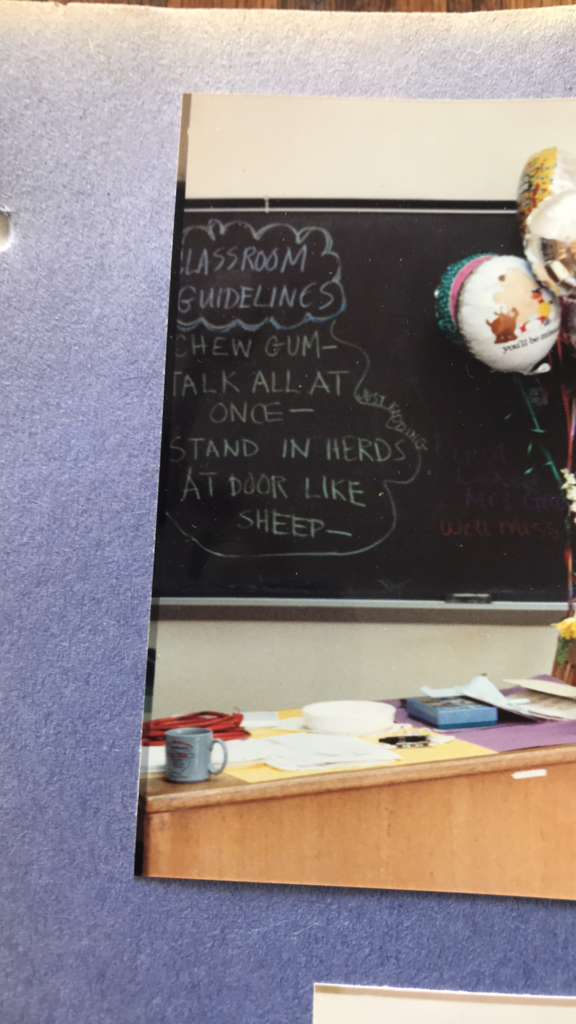My mother wouldn’t buy us Kraft cheese singles, because, she told us, “It has all the nutritional value of a roll of toilet paper.”
Similarly, I warned Writing Boots readers earlier this year about the Axios Communicators newsletter, and why it is “worse than nothing.” Now I feel I went too easy.
An issue last week focused on my corner of the communication business, executive communication.
The main story leaned like a drunk to a lampost on a brainless study of trends in executive speaking by a company that produces “event management software.” What would they know about executive communication? Things like this: “Half of planners also say that attendee engagement is one of the three most important gauges for success.”
The next story quoted inexplicably unnamed “executive communication experts Axios spoke with,” demonstrating their magnificent grasp of the obvious: “Establish expectations for every speaking engagement, conference or event before making a commitment.” On second thought, no wonder they don’t want attribution.
And finally, the piece quoted Leigh Gallager, a senior manager at the management consultancy Teneo, as saying: “Yes, [events] present an opportunity for executives to share a corporate narrative or any critical messaging, but there’s also a benefit in showing that a CEO is accessible, relatable and capable of answering questions in a live setting. Audiences want to witness authentic moments, so it can be an effective way for leaders to raise their profile by being seen, heard and getting their message across in what is often perceived as a more off-the-cuff way.”
Gallager is implying that rather than hear a long, boring speech, audiences would prefer “authentic moments,” like “off-the-cuff” conversation.
And since Axios would never, could never, contradict one of its sources or even push them to defend their pink-slime bromides, it’s down to me to ask Gallager, rhetorically: Is it that audiences don’t prefer leaders who can share fresh points of view powerfully through sustained oratory? Or is it that they’ve been trained by experience to expect that CEOs’ speeches will be tedious parades of platitudes. In which case, yeah, they’d rather see the executive shamble verbally without a net, than with one.
I like a fireside chat as much as the next conference organizer and conference speaker. They’re easy.
But the only ideas I remember after 30 years of organizing and attending conferences, came from great speeches. And I remember plenty.
“Do you remember that brilliant panel discussion, back in 2003?” said no one ever—adding, “Do you remember that meaningful article, from Axios?”


